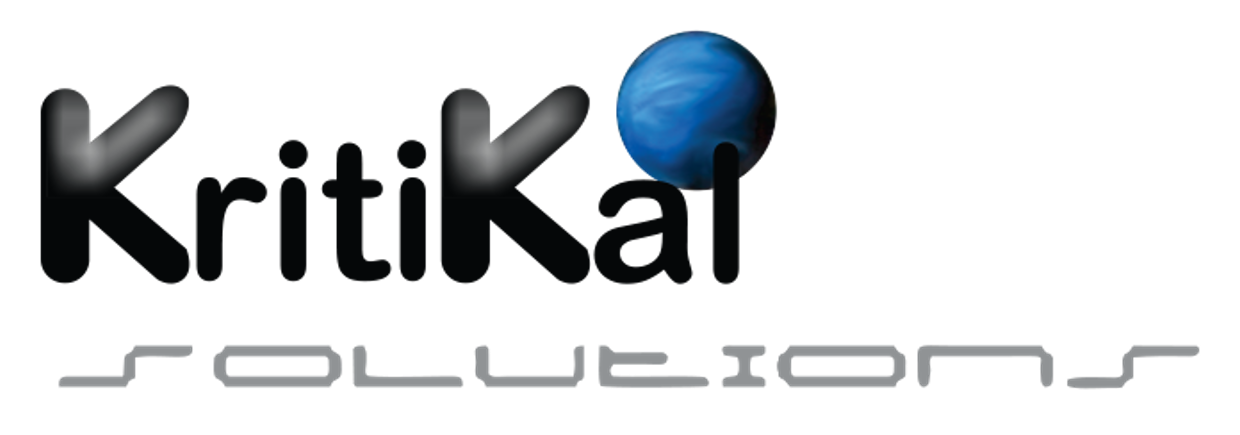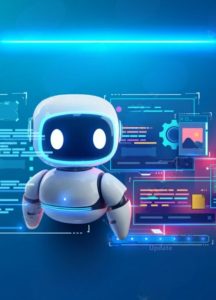Artificial Intelligence (AI) has become an integral part of our lives for quite some time now. One can define AI as systems that can perceive visuals, recognize speech, translate languages, and perform decision-making. Uses of artificial intelligence in daily life involve these systems acting on gathered data, perform certain analysis as per its algorithms on the same and learn from it automatically. It does so by learning from behavior patterns and adapting to appropriate responses. It has various sub-branches like Natural Language Processing (NLP), Machine Learning (ML), Deep Learning (DL), Computer Vision (CV), Agentic AI solutions etc. Machine learning refers to the process in which artificially intelligent machines conform to responses as per their training on large, structured data sets and continuous feedback from users. Deep learning is an advanced version of machine learning that does not require structured data and learns through specific representations of the same. Natural language processing is basically a language tool that assists in interpretation of human language and enables the machine to understand the same through real-time conversion into certain forms of input.
The market for artificial intelligence applications in real life and AI development services was approximately valued at US $279.22 billion as of 2024 and is projected to reach a value of US $1811.75 billion by 2030, surging at a CAGR of 35.9% during this forecast period. This increase is directly linked to continuous innovation in research, innovation and development in different industries including healthcare, manufacturing, automotive, etc. It is also driven by the progression of Artificial Neural Networks (ANN), Generative Adversarial Networks (GAN), Single Shot Multibox Detector (SSD) etc. that can substitute traditional AI systems.

Growing market size of artificial intelligence applications in daily life during 2020 to 2030 forecast period
AI Applications in Real Life
It is important to know how AI touches our everyday lives, which can be drilled down from advanced robotics, AI in fleet management to smartphone-based simple voice search applications.
Let us drive into more specific examples in this case :-
Healthcare & Security
The various uses of AI in this domain include predictive analytics, natural language processing, and image recognition. It assists in disease diagnosing through medical imaging, treatment plan personalization, patient recovery or outcome predictions and can be found in other MedTech solutions, for example, DeepMind Health. AI utilizes virtual filters on users’ faces to unlock smartphones. Similarly, it detects specific faces in airports, events, and highly secure and surveillance areas such as government facilities by powering face recognition using OpenCV. Furthermore, these intelligent algorithms simplify payment processes, depositions, money transfers, and account opening through privacy control options and automated and secure identity management procedures. Another artificial intelligence examples in daily life involves these systems easily detecting unusual spending patterns against the gathered data related to the user’s shopping history (price range, product categories, and brands) or withdrawal to notify customers about fraudulent cases and generate prompts for user verification or
Self-driving Cars
In the automotive sector, artificial intelligence finds applications in object detection, traffic signal recognition, etc. It improves safety and convenience through effective and real-time driving decisions, backed by computer vision, deep learning and sensor fusion. These artificial intelligence applications in real life are supported by global positioning systems to follow optimal routes avoiding road barriers and traffic congestion by gathering data from recent reports on radio and changes in traffic flow. Not only do they convey weather forecasting on smartphones and automated driving systems but also to the meteorological department. AI models such as GraphCast or Nowcast gather atmospheric data in real-time from local weather stations and radiosonde balloons to provide accurate location-centric predictions at short notice as per historical data.
Virtual Assistants
These AI systems assist users in simple tasks such as weather check, setting reminders or playing music through voice commands that control smart home appliances. They are basically powered by natural language processing, machine learning, statistical analysis, and speech recognition. Digital assistants can access contacts to make calls, and search for images and voice as per algorithmic execution. Moreover, one of the artificial intelligence examples in daily life includes these systems to identify incorrect linguistic usage, suggest corrections in texting applications, and word processors.

Various uses of artificial intelligence in daily life
Chatbots
AI-powered chatbots can automate customer support and service in various businesses. This reduces the response time and operational costs through natural language understanding and dialogue-based systems. In general, customers interacting with manual operators is time consuming and stressful, while maintaining the customer service department can be resource-consuming and expensive. One of the prominent uses of artificial intelligence in real life include Generative AI Services and AI chatbots that are powered by programmed algorithms to track order, direct incoming calls and answer frequently asked questions by impersonating representatives’ conversational styles through natural language processing, initially in a yes or no format. They can identify the type of rating provided with respect to a service and improve in the long run to ensure customer satisfaction.
Recommendation Systems
Collaborative filtering and deep learning algorithms empower these systems to analyze user behavior and interests over time on ecommerce platforms and applications as one of the prominent AI applications in real life. They follow their historical activities online at the front end and utilize the data for further analysis and prediction of preferences. New items or music suggested by Generative AI in retail are likely to be aligned to the user’s likings and recent searches. This leads to product recommendations via extensive AI skin analysis, suggestions for movies, content personalization for better user engagement, and experience.
Leverage KritiKal’s AI-powered Solutions
AI systems also find applications in search engine algorithms such as auto complete answers in Google, where they gather data on most searched results and make predictions for navigation. They are also seen on social media platforms, so that companies can serve what keeps viewers engaged and publish more related ads. In more domain-specific environments like manufacturing, hospitality, and aerospace, robots can handle repetitive and risky tasks, and even check-in requests. Maps utilize AI to interpret traffic data and calculate expected time of arrivals, while autopilots can route flights as per gathered weather data. A few more areas include gaming, advertising, fraud detection, autocorrect, business monitoring, predictive maintenance and more.
As an AI-first company, KritiKal has developed a plethora of artificial intelligence examples in daily life that have surged positive business outcomes across the globe. We have developed a financial fraud detection solution with capabilities to detect AI-generated images from real ones to avoid vehicle insurance fraud. Our company pioneers in the development of AI breast cancer detection systems for advanced medical imaging as well as detection of COVID positive cases and other lung-related diseases. Our AI-based defect detection and automated quality inspection solutions also find their way in the manufacturing domain, while AI-based drone surveillance has benefited numerous companies. Please get in touch with us at sales@kritikalsolutions.com to know more about our solutions and realize your AI requirements.

Arindam Bose currently works as a Software Engineer at KritiKal Solutions. He has been involved in multiple end-to-end computer vision- based real time and POC projects using Python and C++ as main technologies. With his passion towards vision solutions and research, he has helped KritiKal in timely delivery of these projects to major SMBs and Fortune500 companies.



 Global
Global  United States
United States 


Jayanti
February 12, 2026Very bad